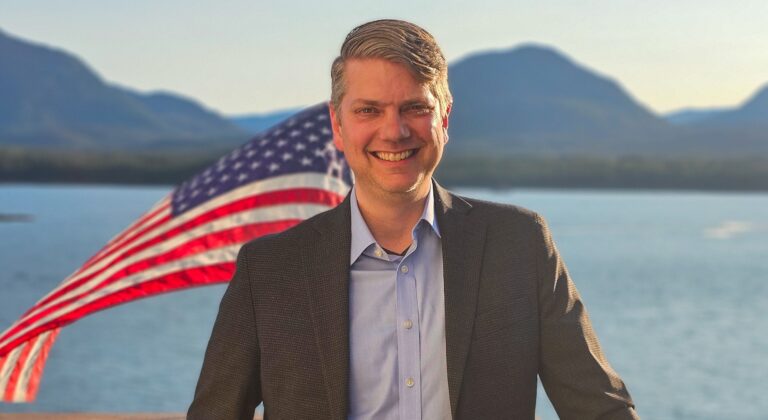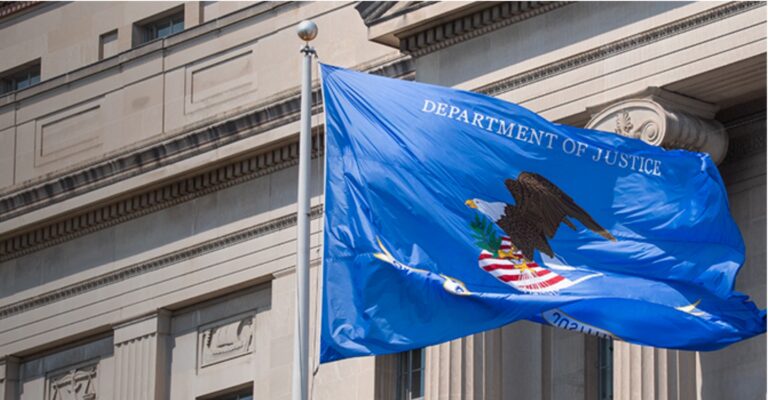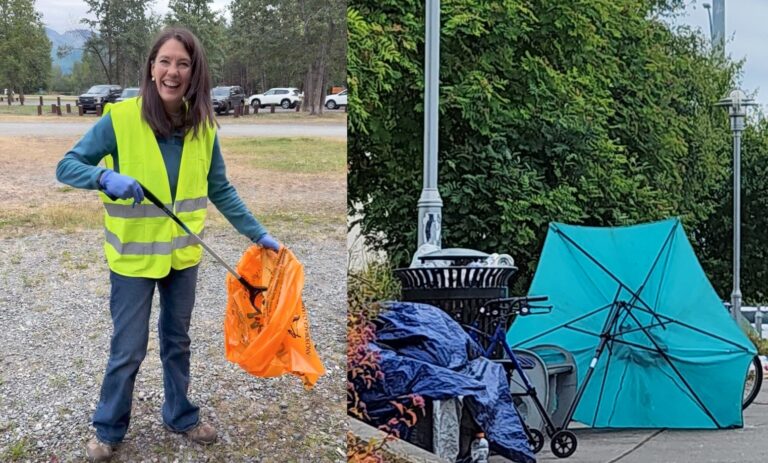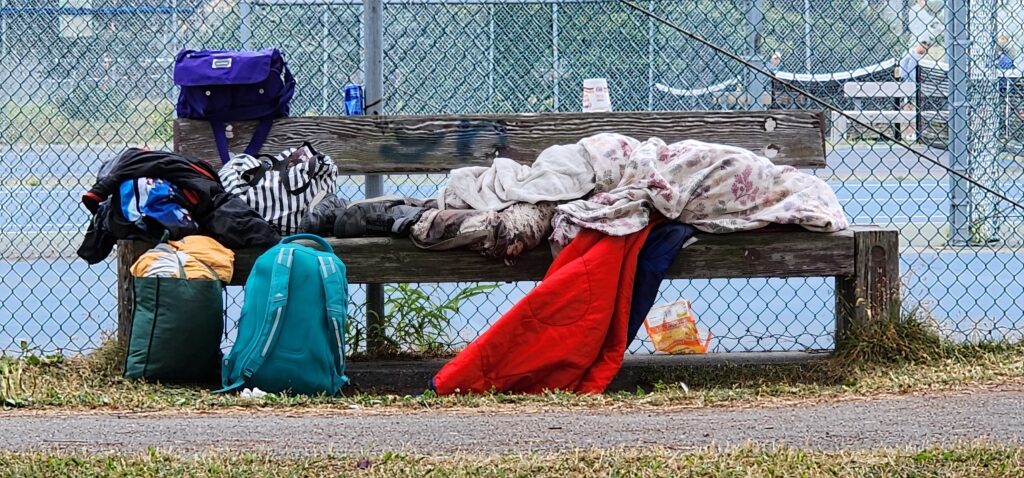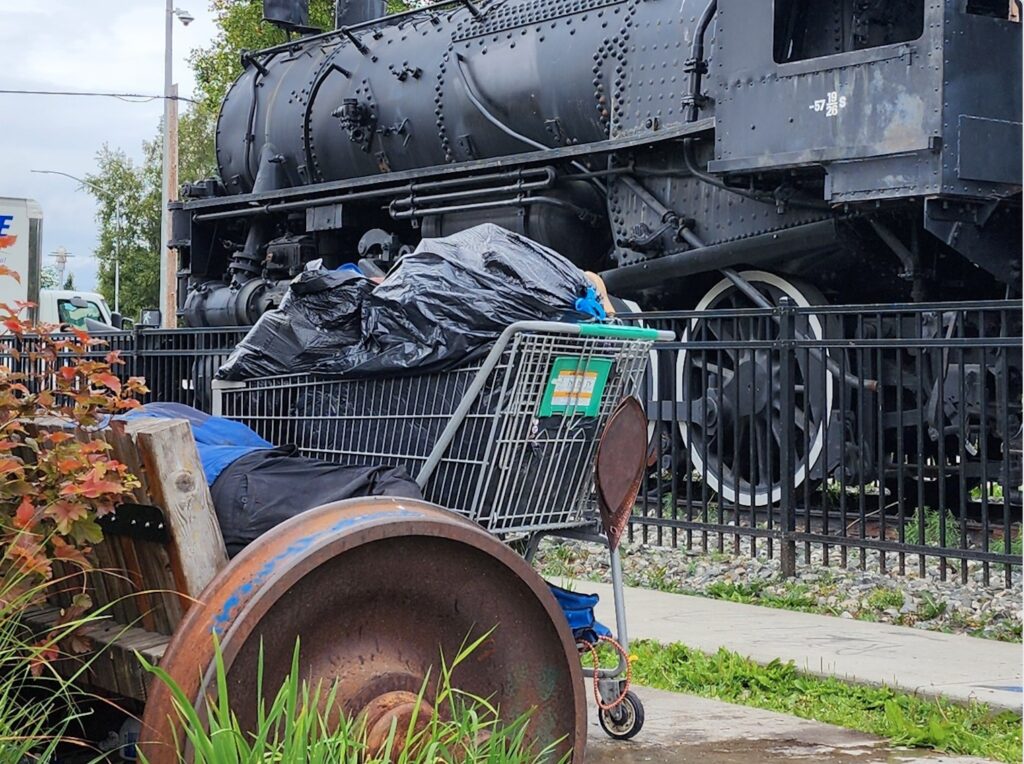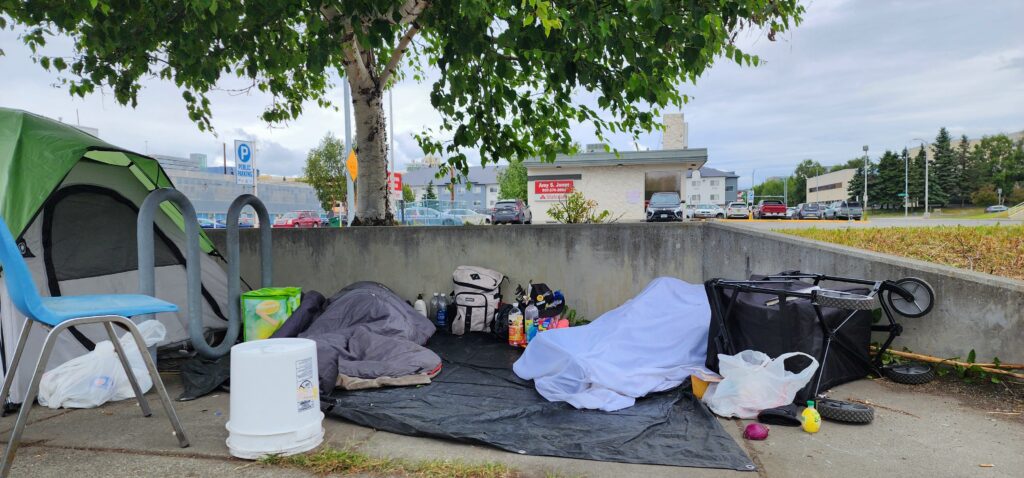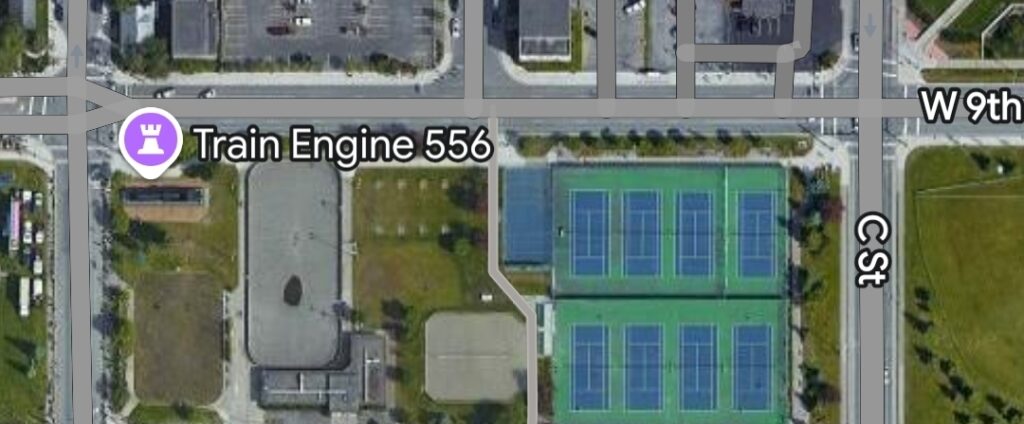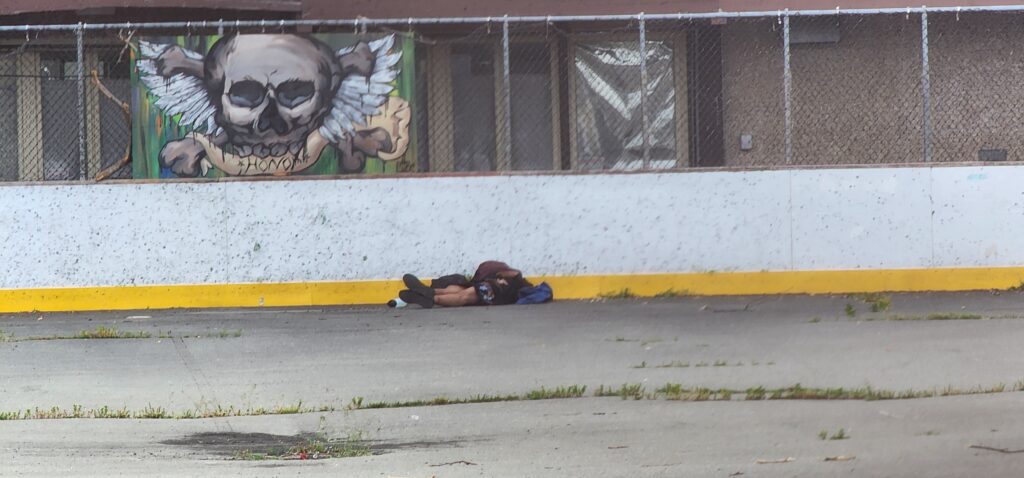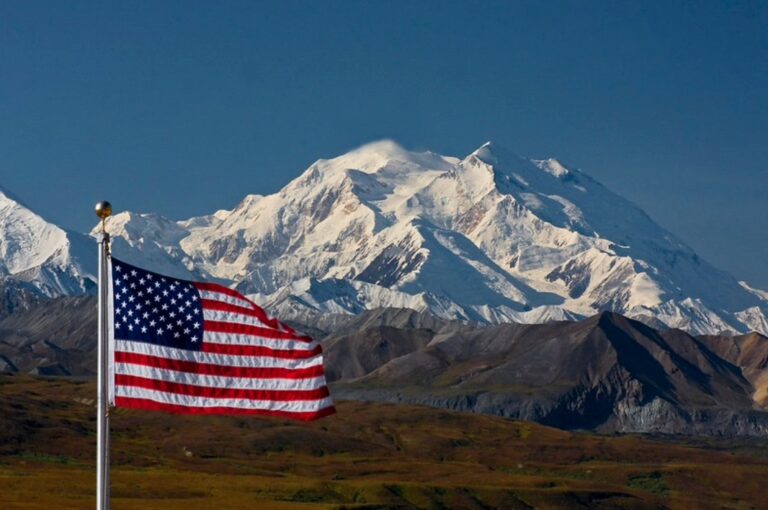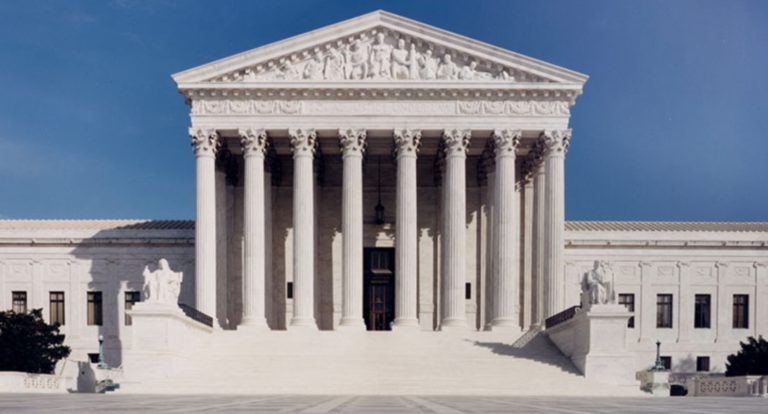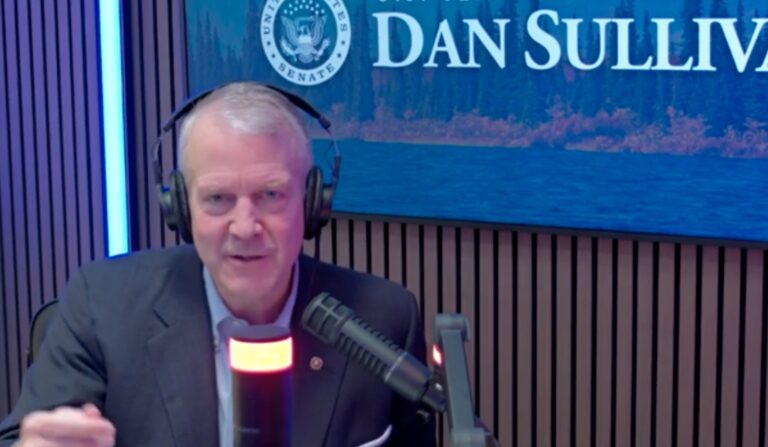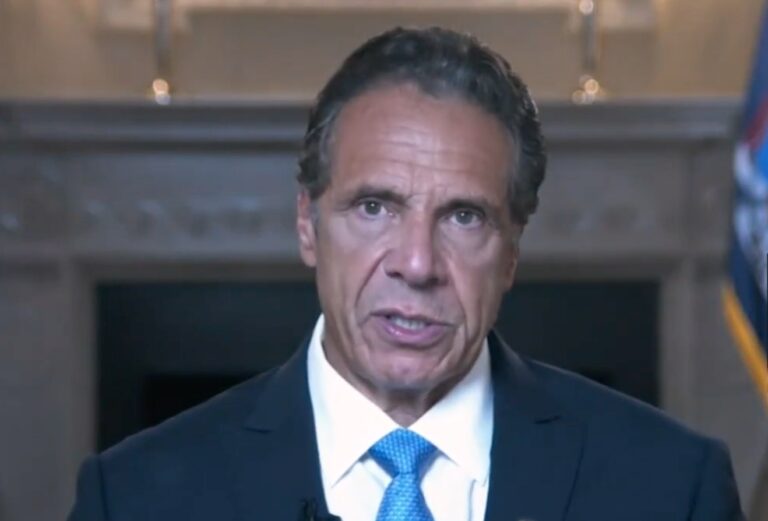This week, Congressman Nick Begich celebrated a key legislative victory with the House passage of his bill, H.R. 410, the Alaska Native Vietnam Era Veterans Land Allotment Extension Act of 2025.
This makes four bills Congressman Begich has sponsored that have made it through the House in the first 193 days he has been in office. He has set a record in Congress for the freshman with the most bills passed this year.
The bipartisan legislation extends the application window for Alaska Native veterans who served during the Vietnam War to apply for long-overdue land allotments.
Begich called the vote “an important step toward honoring Alaska’s veterans,” emphasizing the need to fulfill promises made to those who served. The bill, which passed with broad support, extends the existing land allotment program from five to ten years, giving Vietnam veterans more time to apply for and select land parcels.
“The men and women who served our nation during the Vietnam War deserve the opportunity to secure the land they were promised,” Begich said in a statement. “This legislation extends an important land allotment program and ensures that Alaska Native Vietnam-era veterans will have the time and resources they need. Today’s passage of this legislation is paramount for Alaska’s Vietnam veterans, and I urge my colleagues in the Senate to take swift action so we can send this bill to the President’s desk.”
House Committee on Natural Resources Chairman Bruce Westerman praised Begich’s work on the issue: “Congressman Begich’s legislation that advanced today will keep our promise to Alaska Native Vietnam Veterans by extending an important land allotment program. I’d like to thank him for his continued leadership for Alaskans and look forward to working to advance this legislation.”
The legislation addresses a longstanding injustice faced by Alaska Native Vietnam veterans, thousands of whom were unable to apply for their congressionally promised land allotments because they were serving overseas during the eligibility period. As of early 2025, out of more than 2,000 eligible veterans, only 41 applications have been certified, and just 18 veterans have received their land conveyances.
In conjunction with the bill’s passage, the Trump Administration’s recent reinstatement of certain federal land withdrawals, which were previously revoked under the Biden administration, has expanded the pool of available lands. This development opens up more options for eligible veterans to select viable parcels of land.
During committee hearings, Alaska Native leaders, including Nelson N. Angapak, Sr., Vice President Emeritus of the Alaska Federation of Natives, highlighted the urgency of the issue, pointing to the advanced age of many of the veterans affected.
Veterans’ organizations and Alaska Native groups have broadly endorsed the legislation, citing it as a crucial step toward justice and recognition for Native veterans.
Begich introduced H.R. 410 on January 15, 2025. This marks the fourth bill he has successfully passed in the House since taking office. He testified in support of the legislation before the House Subcommittee on Indian and Insular Affairs on Feb. 5.
The bill now moves to the Senate.
